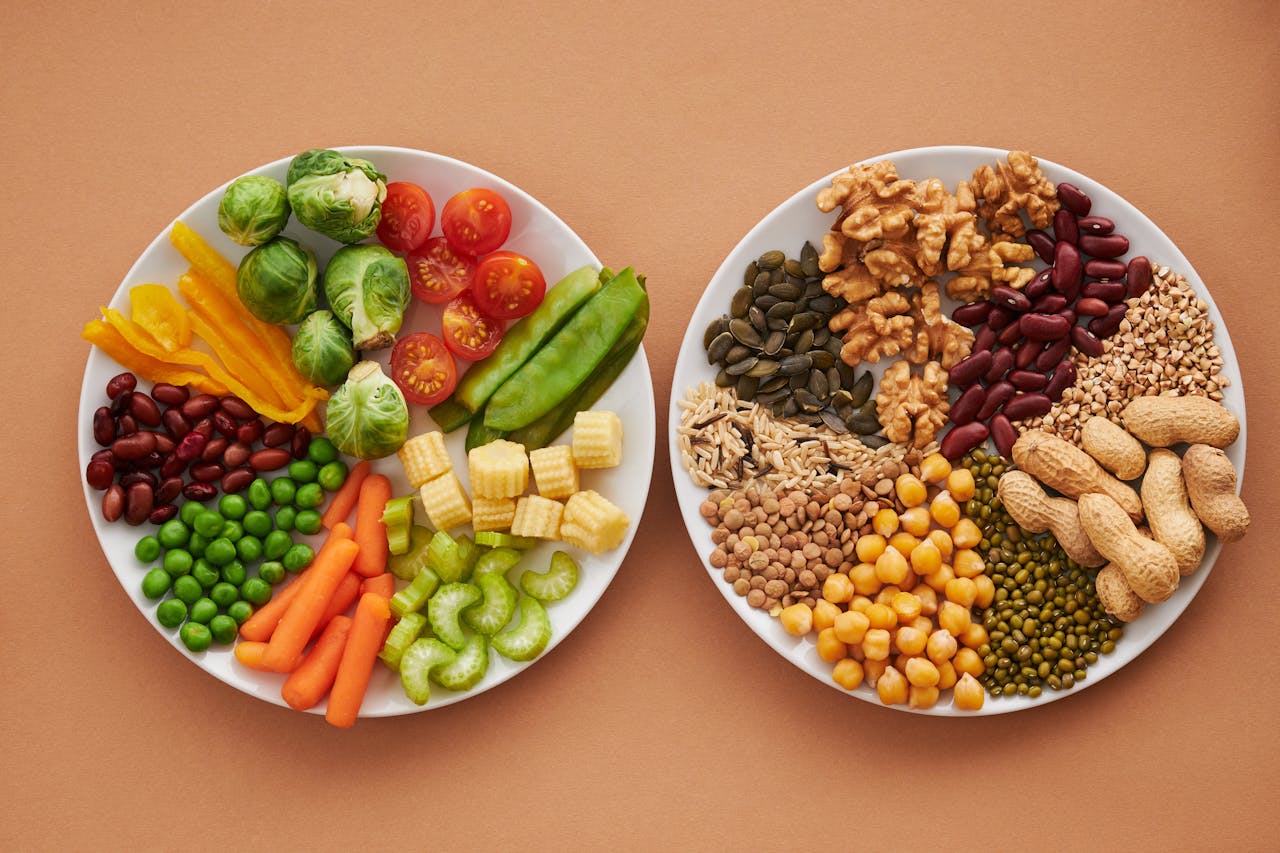
Unveiling Superfoods: A Guide for Parents
Introduction
Superfoods have gained significant attention in recent years for their supposed health benefits and nutritional value. For parents navigating the world of infant nutrition, understanding what superfoods are and when to introduce them to their babies is essential. In this comprehensive guide, we’ll explore the concept of superfoods, the benefits they offer for babies, and practical tips for incorporating them into your baby’s diet.
Understanding Superfoods
Superfoods are nutrient-rich foods that are particularly good for health and well-being because they contain high levels of vitamins, minerals, and antioxidants. These foods are often praised for their potential to boost immunity, support growth and development, and protect against chronic diseases. The criteria for determining superfoods include how packed they are with nutrients, their health benefits, and their use in traditional medicine practices.
Benefits of Superfoods for Babies
For infants, who grow and develop rapidly during their first years, superfoods can play a crucial role in meeting their nutritional needs. By introducing nutrient-rich foods early in life, parents can support their baby’s brain development, strengthen their immune system, and establish healthy eating habits for the future. Incorporating a variety of superfoods into a baby’s diet provides essential vitamins, minerals, and other nutrients needed for optimal growth and development.
When to Start Introducing Superfoods to Your Baby
The timing of introducing superfoods to your baby depends on their individual readiness and developmental milestones. Pediatricians and nutritionists generally suggest starting solids around six months of age, when babies show signs of readiness, like sitting up with support and showing interest in food. However, every baby is unique, and it’s essential to follow your baby’s cues and consult with a healthcare professional before introducing solids.
How to Introduce Superfoods Safely
When introducing superfoods to your baby, it’s crucial to do so safely to minimize the risk of choking, allergic reactions, or other adverse effects. Start by offering single-ingredient purees or mashed foods in small, manageable portions. Introduce new foods one at a time and wait several days before introducing another new food to monitor for any signs of allergies or intolerances.
Superfoods Suitable for Babies
There is a wide variety of superfoods that are suitable for babies, each offering its unique nutritional benefits. Some of the top superfoods recommended for babies include avocado, sweet potatoes, bananas, blueberries, and spinach. These foods are rich in essential nutrients such as vitamins A, C, and K, potassium, and fiber, making them excellent choices for supporting a baby’s growth and development.
Tips for Incorporating Superfoods into Your Baby’s Diet
Incorporating superfoods into your baby’s diet can be both simple and delicious. Consider blending superfoods into homemade baby purees, adding them to oatmeal or yogurt, or offering them as finger foods for baby-led weaning. Get creative with recipes and meal ideas to introduce a variety of flavors and textures to your baby’s palate.
Common Concerns and FAQs
Parents may have concerns or questions about introducing superfoods to their babies, such as how to prevent choking, which foods to avoid due to potential allergens, or how to ensure their baby is getting a balanced diet. It’s essential to address these concerns and provide practical tips and guidance to help parents navigate the process safely and confidently.
Conclusion
Introducing superfoods to your baby can be an exciting and rewarding journey that sets the stage for a lifetime of healthy eating habits. By understanding what superfoods are, when to introduce them, and how to incorporate them into your baby’s diet safely, you can provide your little one with the nutrition they need to thrive and grow.







